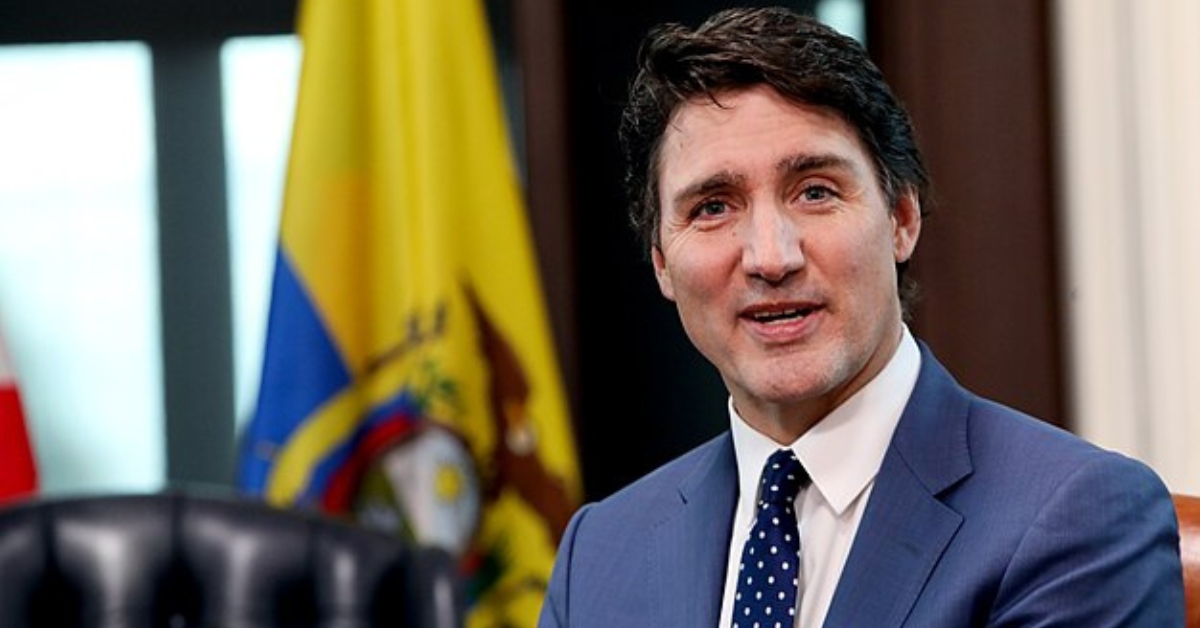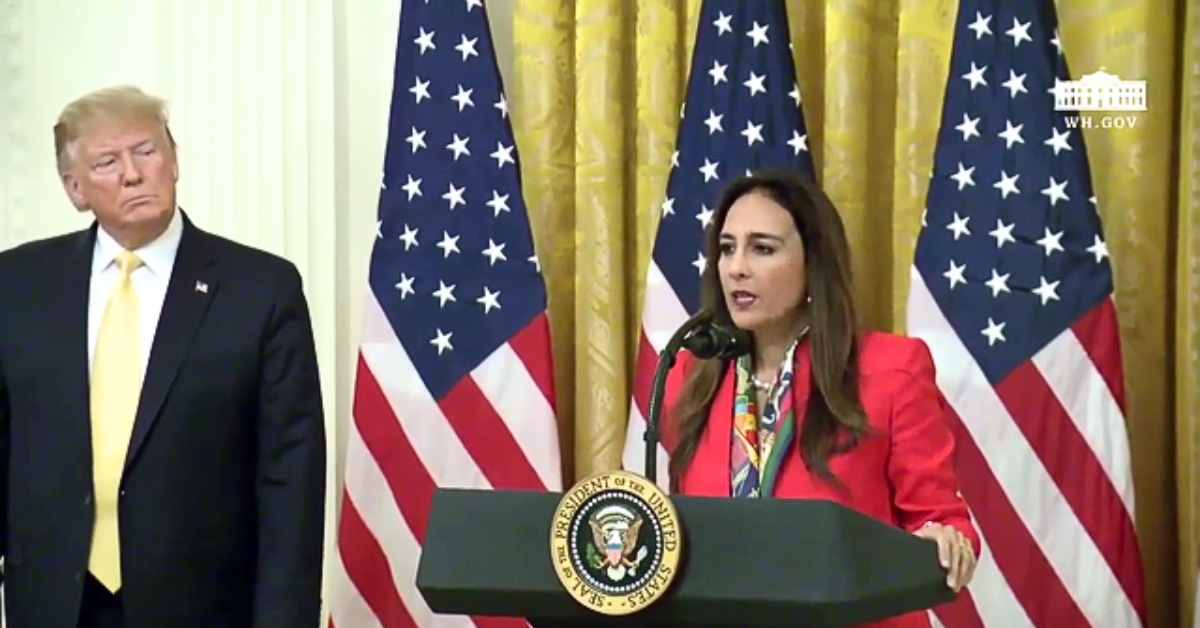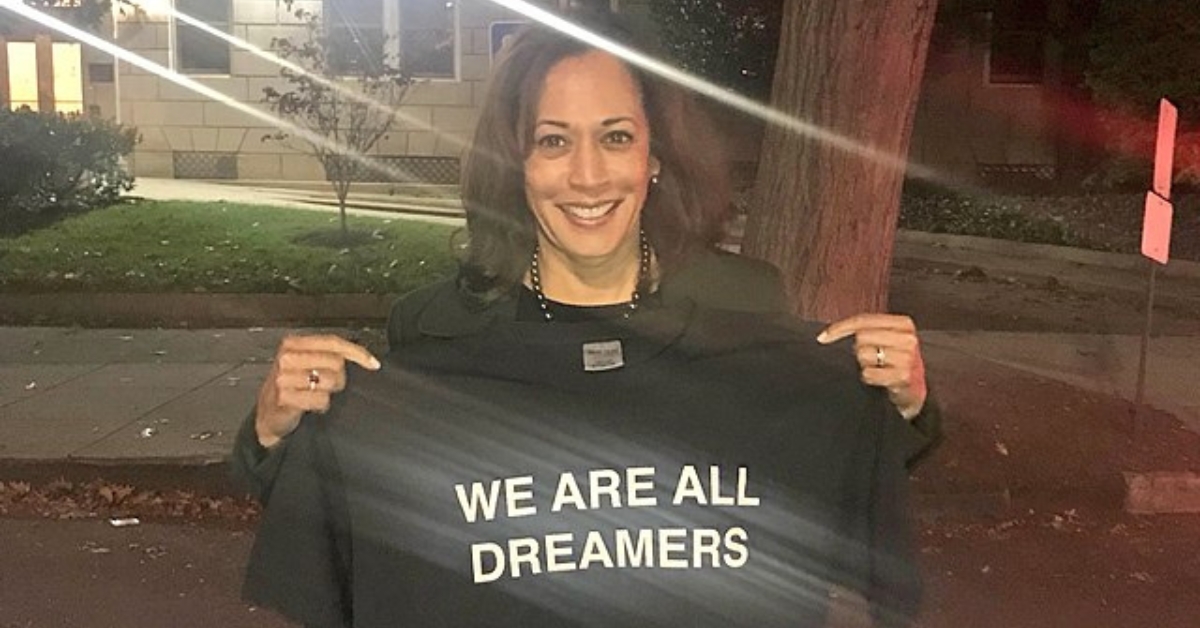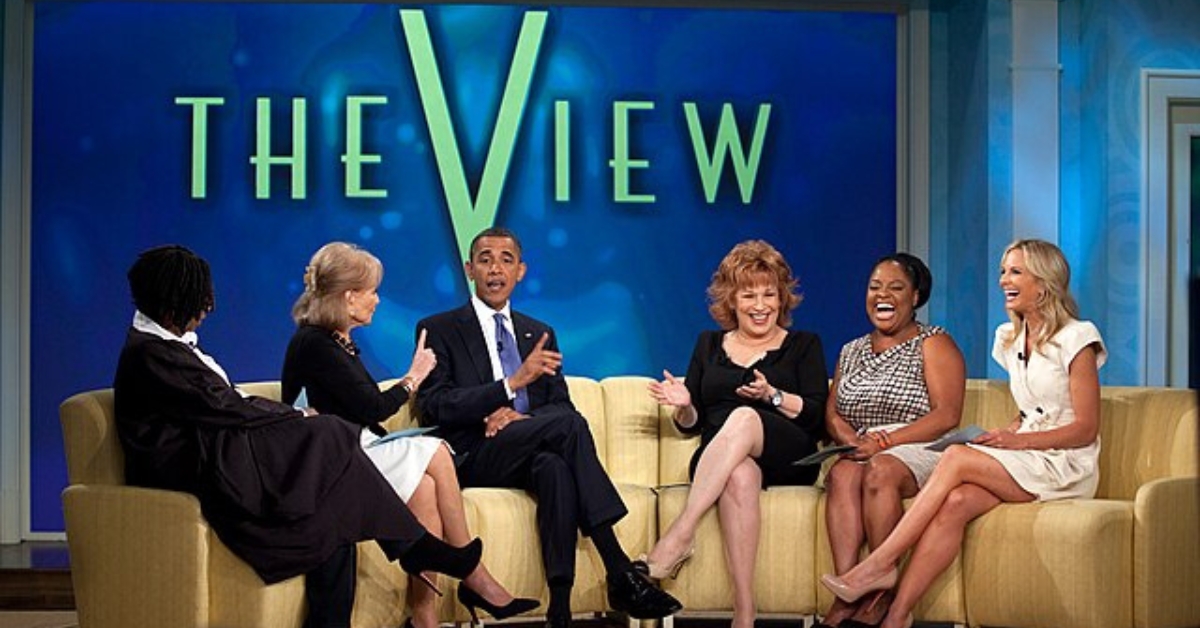
Harris Underperforming Amongst Hispanic Voters Compared to Biden, Clinton
As Kamala Harris faces an uphill battle in garnering support from Hispanic voters, a demographic that traditionally leaned Democrat, her predicament becomes more pronounced when compared to the electoral performances of Joe Biden in 2020 and Hillary Clinton in 2016.
ABC News has pointed out that while Biden held a robust 33% advantage over Trump among Hispanic voters, and Clinton enjoyed an even more substantial 40% lead, Harris is currently leading Trump by a mere 17% among the same demographic. This is not just an underperformance; it’s a staggering drop of 23 percentage points from Clinton’s lead. This situation starkly highlights the substantial erosion of trust between the Hispanic community and Democratic leadership—a loss that is both significant and wholly justified. The disenchantment of this key demographic underscores a growing realization that the promises peddled by Democrats have often gone unfulfilled, pushing Hispanic voters to reconsider their political allegiances.
This underperformance raises critical questions about the Democratic Party’s strategies and Harris‘s appeal. In stark contrast, Donald Trump’s campaign exhibits growing confidence in capturing Hispanic support, particularly in crucial swing states like Arizona and Nevada. These states, known for their significant Hispanic populations, could very well dictate the electoral outcome.
Hispanic Voters Are Growing Tired of the Democratic Party
What we’re witnessing here is not just a fluctuation in voter preference but a potential realignment of a key voter bloc. If Harris and the Democrats fail to address issues with Hispanic voters—a group that is pivotal in the arithmetic of American elections—they risk losing not just the 2024 election but potentially a significant portion of their base in the future.
Furthermore, this latest data reveals a critical miscalculation in the Democratic strategy: their attempts to woo Hispanic communities with pandering and lax border policies are not yielding the dividends they anticipated. It’s becoming increasingly clear that these tactics are failing to secure the loyalty of Hispanic voters. Their concerns center squarely on their safety and well-being rather than blindly endorsing the Democratic ticket, especially when it translates into another four years of failed policies.
Trump’s potential to outperform Harris among Hispanic voters in Arizona and Nevada is particularly telling, hinting at a broader national trend where the economic climate and concerns about personal security are making a compelling case for many Hispanic voters to rethink their political allegiance. This isn’t merely about a lack of enthusiasm for Harris but a profound critique of the Democratic approach to issues that matter most to Hispanic communities.














